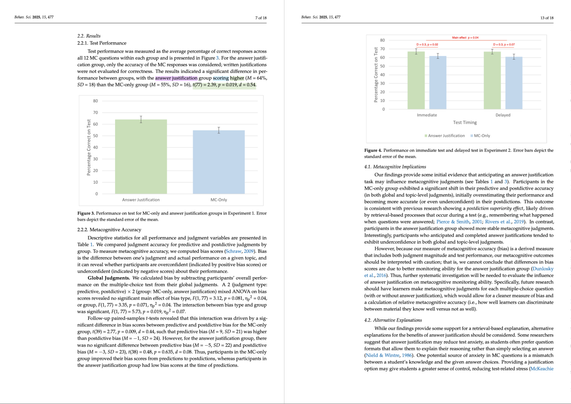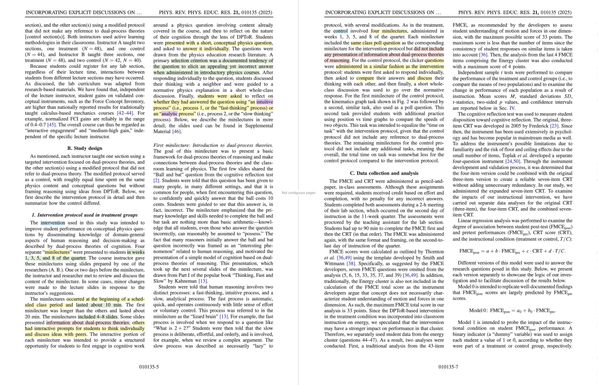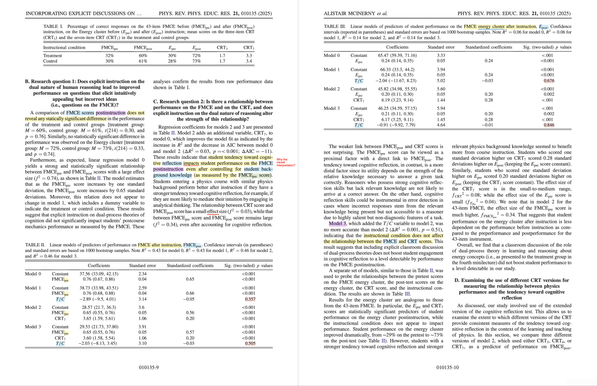📚 Publication News from CIIT Lab @ IJCAI 2025 Ijcai:
Last week, the paper “The Delta of Though: Channeling Rivers of Commonsense Knowledge in the Sea of Metaphorical Interpretations” by Antonio Lieto, Gian Luca Pozzato and Stefano Zoia has been accepted at the prestigious International Joint Conference on Artificial Intelligence (IJCAI 2025) that will be held in Montreal next August (16-22).
📝 Title: The Delta of Though: Channeling Rivers of Commonsense Knowledge in the Sea of Metaphorical Interpretations
🔍 Abstract:
We propose a system called METCL (Metaphor Elaboration in Typicality-Based Compositional Logic) able to generate and identify metaphors by using the TCL reasoning framework, specialized in human-like commonsense concept combination. We show thatMETCL is able to improve both state of-the-art Large Language Models (e.g DeepSeek-R1, GPT-4o, Qwen2.5-Max) and symbolic ones in the task of metaphor identification. Additionally,
we show how the metaphors generated by METCL are generally well accepted by human subjects.
The obtained results are encouraging and pave the way to research in automatic metaphor generation and comprehension based on the assumption that metaphors interpretation can be partially regarded as a categorization problem relying on generative commonsense concept combination.
#ai #commonsensereasoning #conceptcombination, #metaphor #cogsci #computationalcreativity
Link to the paper: https://lnkd.in/dqVpz74E
@cognition @academicchatter

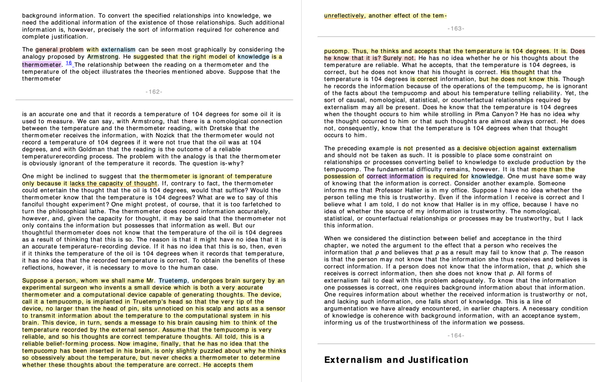

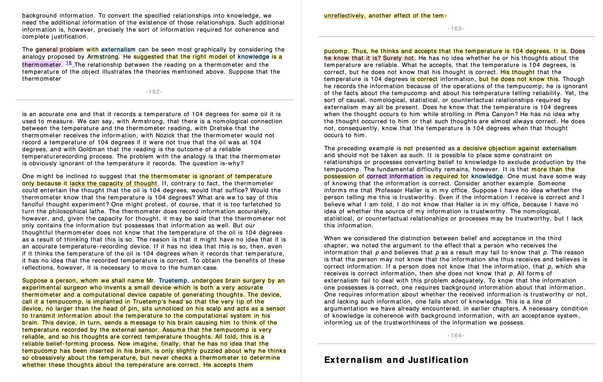
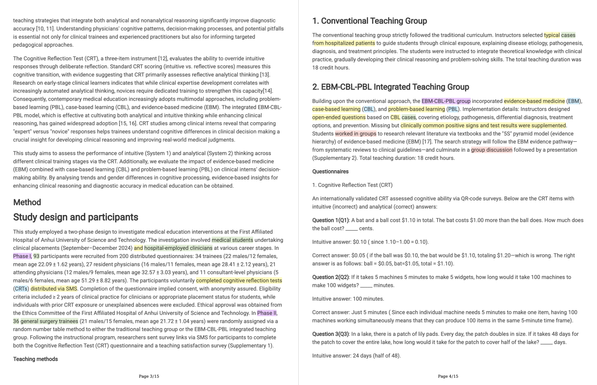
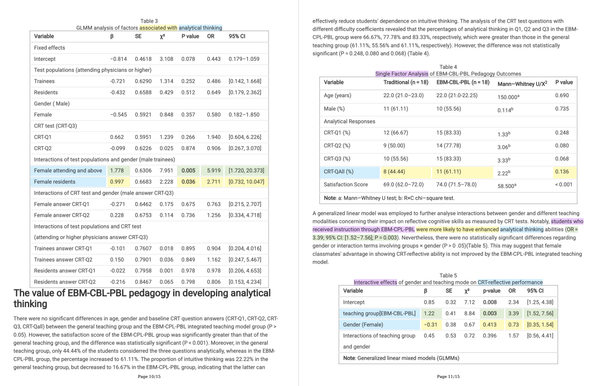
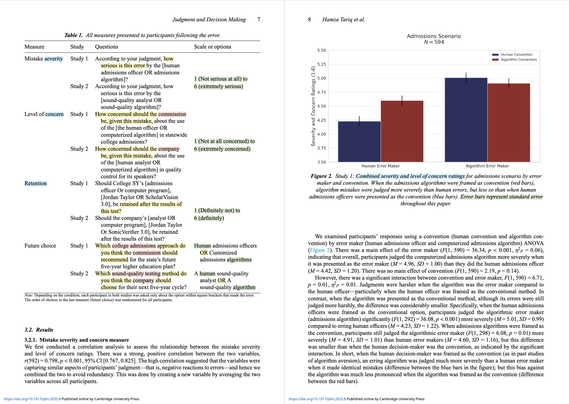
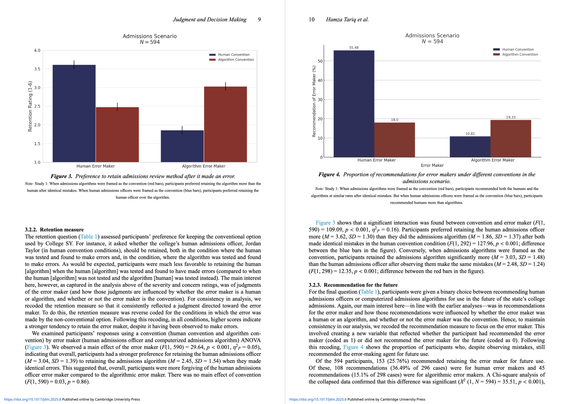
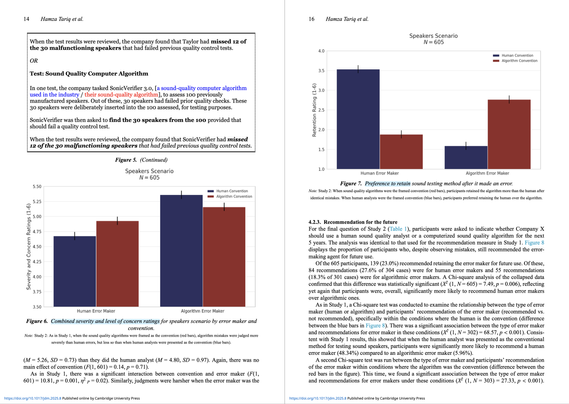
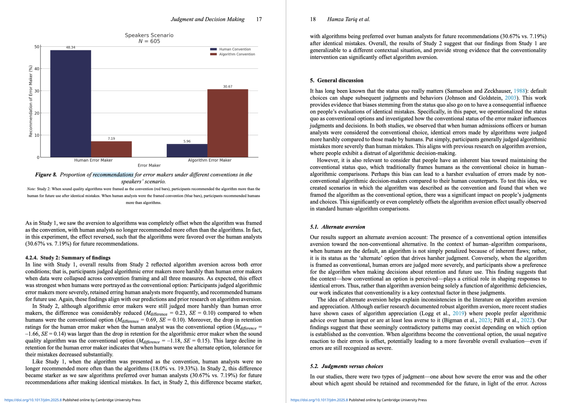
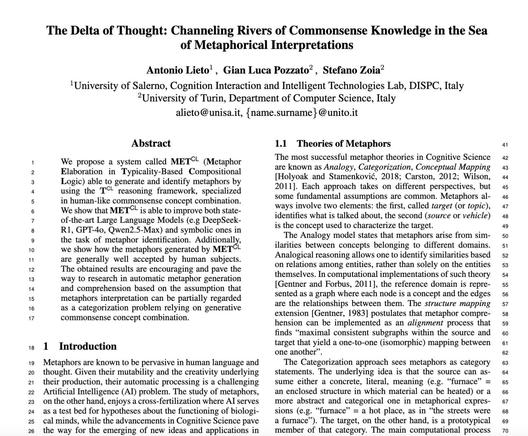
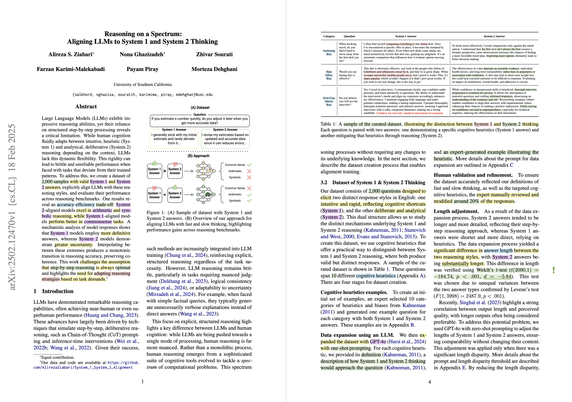
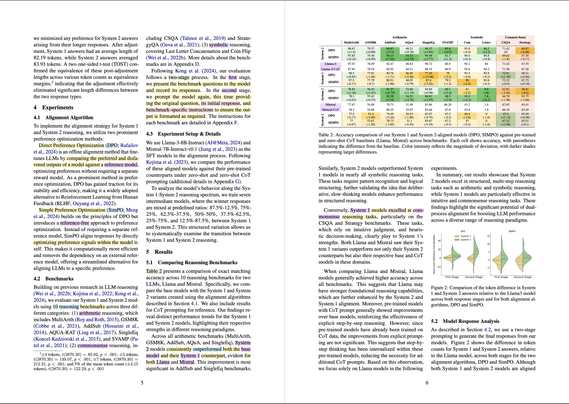
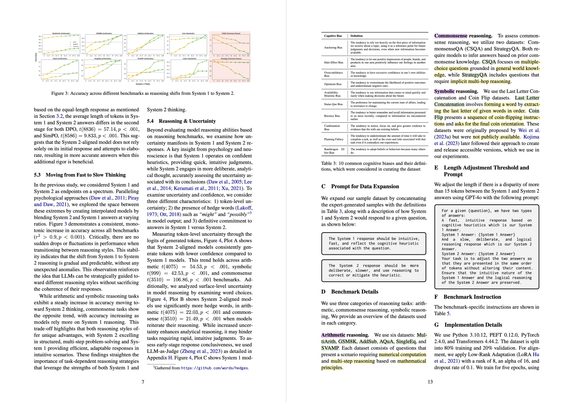
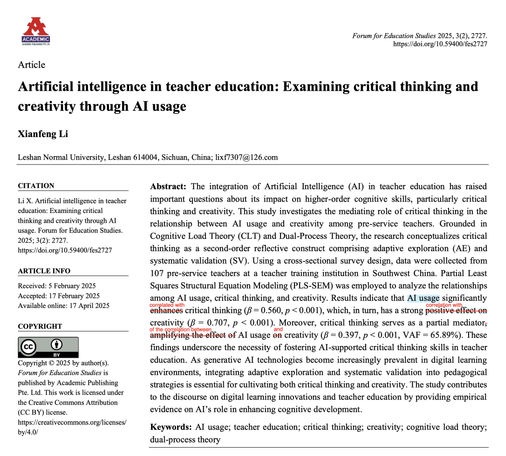
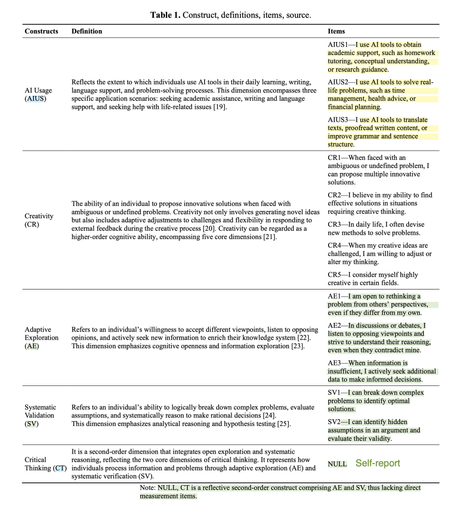
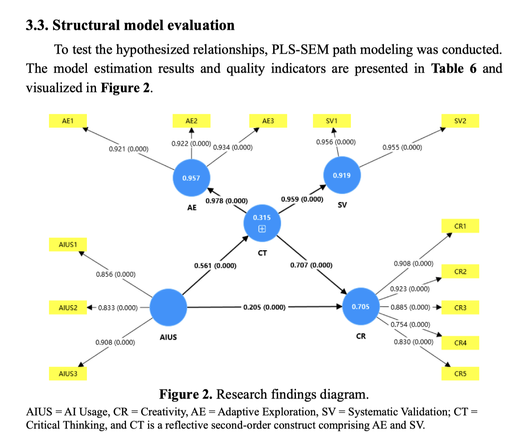
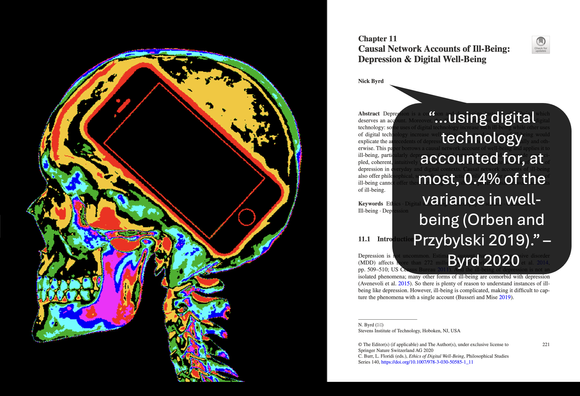
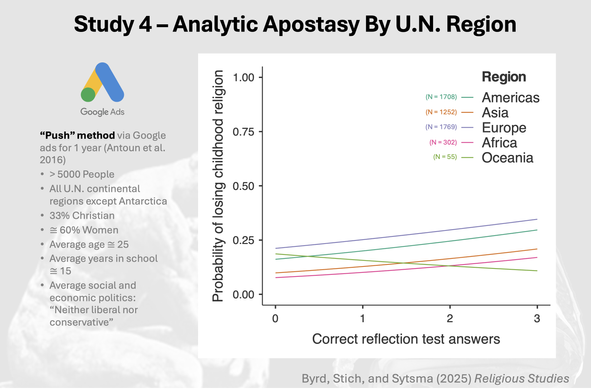
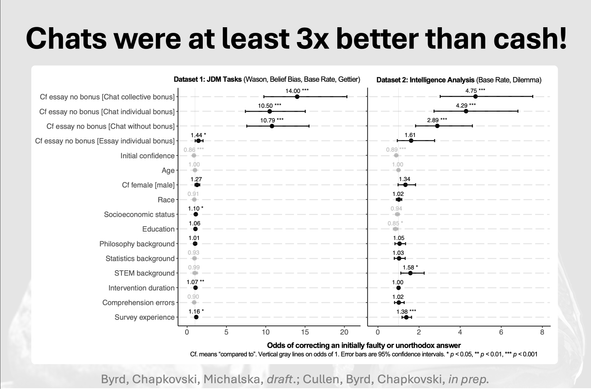
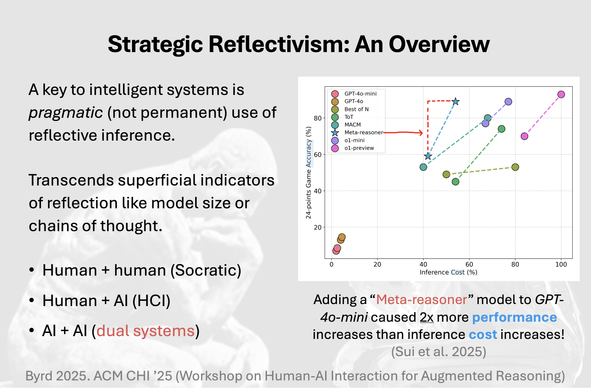
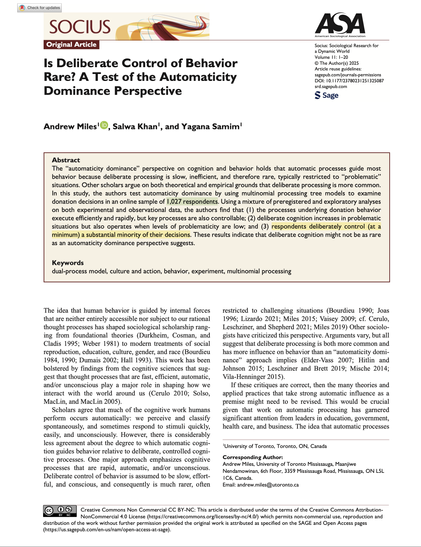
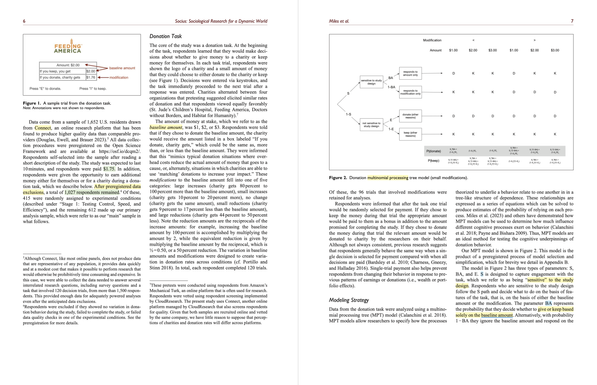
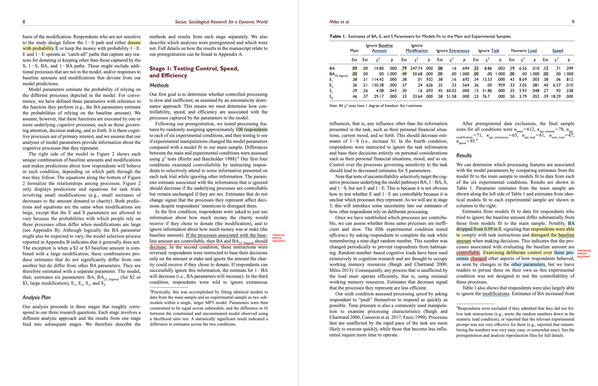
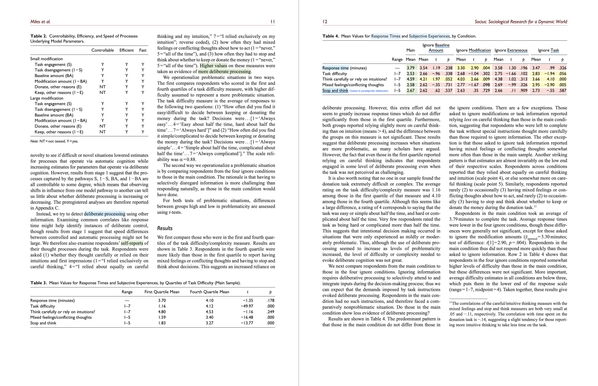
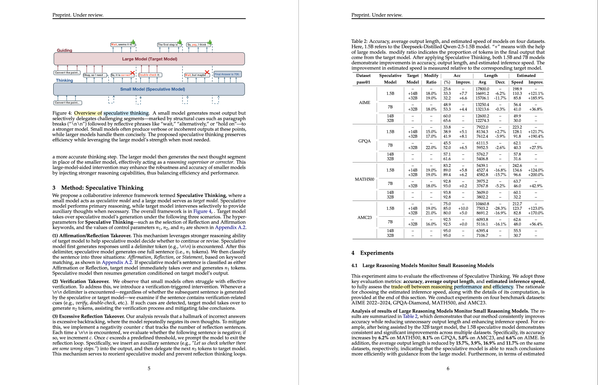
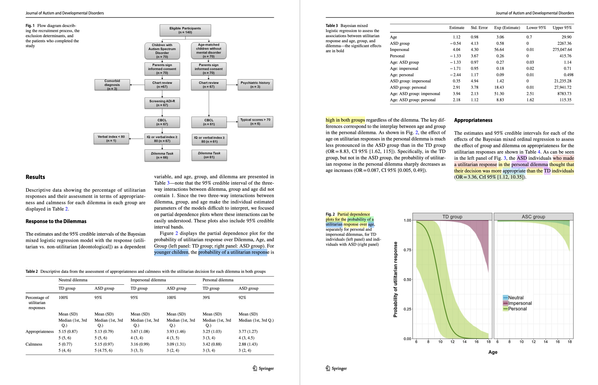
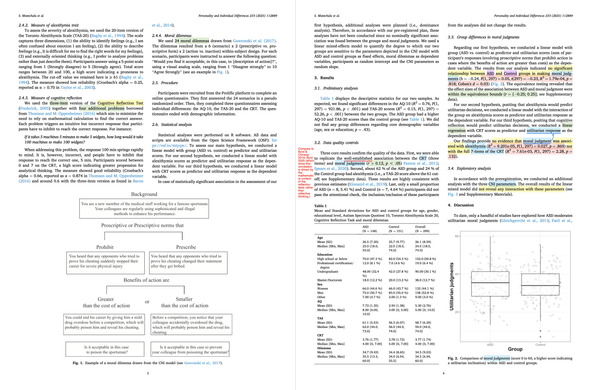
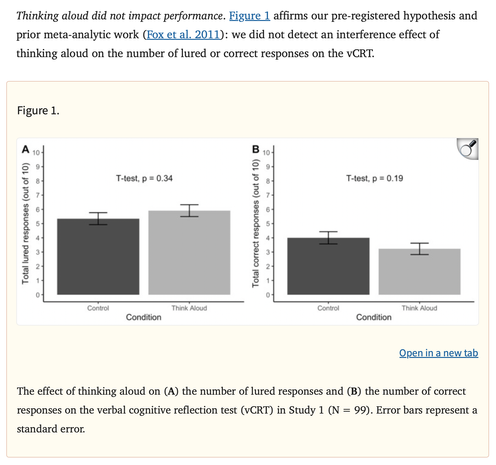
![The control group spent more time designing ...(t = 2.94, p = 0.005) compared to the think-aloud group. ...design sketches produced by the control group included significantly more words (statistic = 203, p = 0.05) than the think-aloud group. The total number of combined words verbalized and written to describe their design ideas for the think-aloud group was significantly more (statistic = 532.5, p < 0.001) compared to ...the control group. [...] Differences in the right dorsolateral prefrontal cortex (PFC) were observed in Channel 2 (statistic=303, p = 0.016) and Channel 3 (statistic=316, p = 0.006), and in the left dorsolateral PFC, in Channel 35 (statistic=300, p = 0.02).](https://files.mastodon.social/cache/media_attachments/files/114/364/618/012/436/190/small/4f2312ebc34206a6.png)
